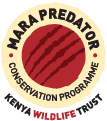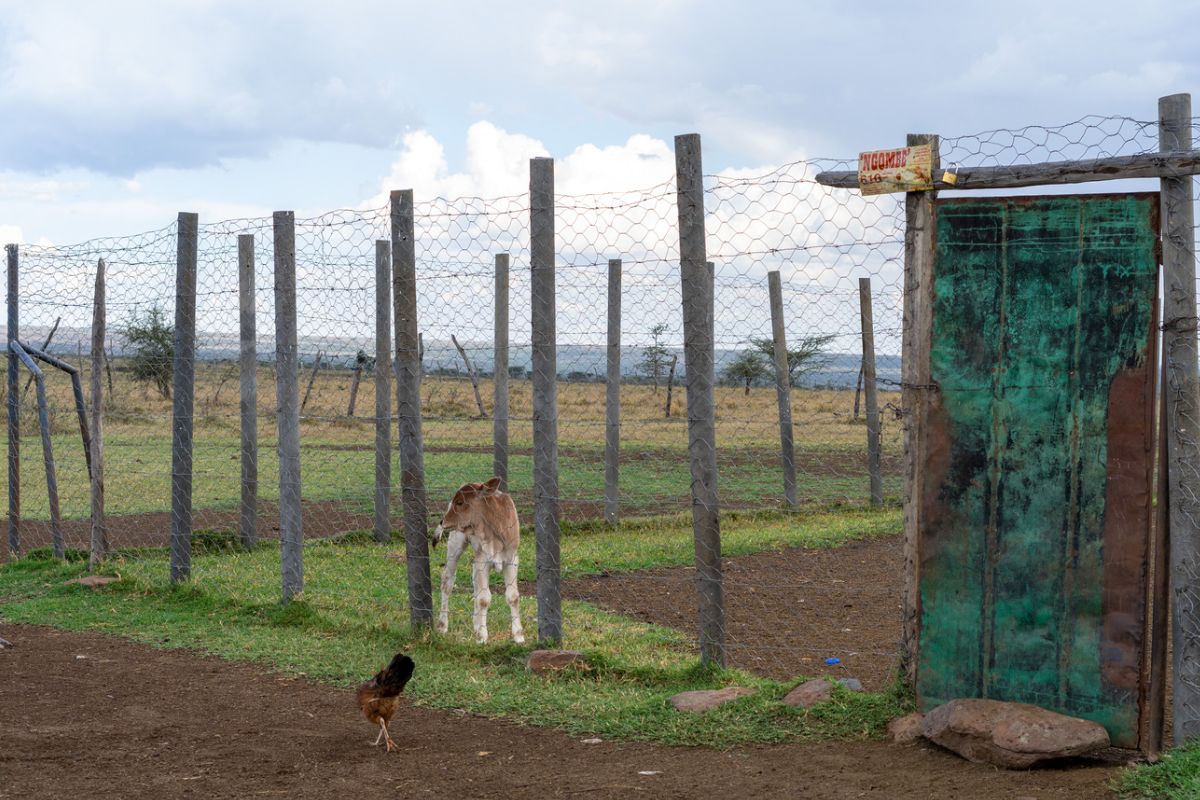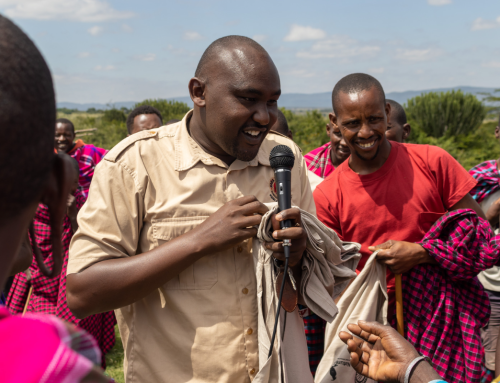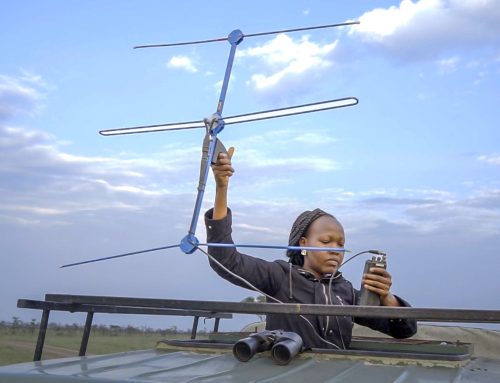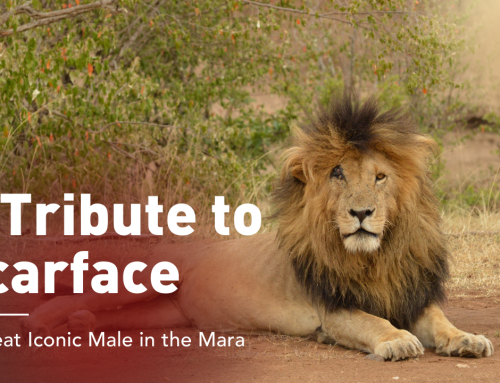MPCP’s Environmental Stewardship
At the Mara Predator Conservation Programme (MPCP), we are committed to protecting predators of the Greater Mara Ecosystem while addressing the critical issue of plastic pollution. On this World Environment Day, we join the global campaign to #BeatPlasticPollution as we share our efforts to impact our communities positively.
Our dedicated community team, together with wildlife club members and local community members, have been actively participating in clean-up exercises in villages surrounding the Mara. We recently focused our efforts on Talek’s Mara Kolong village, Aitong’s Olkimitare village, and Mararianda’s Entepesi village. Through these exercises, we aim to reduce the amount of plastic waste being disposed of improperly, while also educating communities about the hazards of a polluted environment and promoting hygiene practices within these areas.
To facilitate effective waste management, MPCP provides community members with metal drums as dustbins, making rubbish collection easier and more efficient. By encouraging responsible waste disposal, we hope to create a cleaner and healthier environment for both people and wildlife.
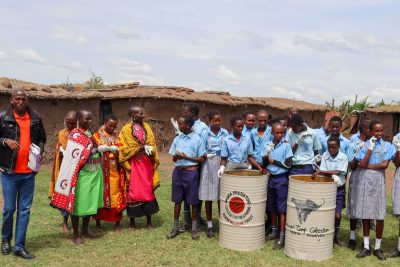
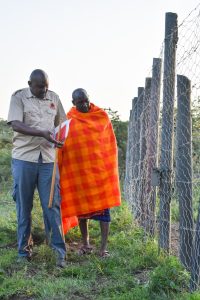
Recognizing the impact of livestock predation on both human livelihoods and predator populations, MPCP has actively sought solutions to address this issue. Our innovative approach involves constructing predator-proof bomas (livestock enclosures) in conflict hotspots using recycled plastic poles, thus ensuring sustainability and environmental friendliness. The recycled plastic waste used in these bomas is collected from various areas around Nairobi.
By utilizing recycled plastic materials, we not only reduce the amount of plastic waste in the environment but also provide a practical solution that benefits both communities and predators. These predator-proof bomas, reinforced with chain-link and barbed wire, help protect livestock from predators and minimize conflicts between humans and wildlife.
In the Masai Mara, our initiatives revolve around harnessing indigenous knowledge and disseminating crucial climate information to its communities. Our primary objective is to foster conservation education and community outreach through comprehensive training, information sharing, and dedicated environmental advocacy efforts. Among the key activities we focus on are reforestation, afforestation, and water conservation, all aimed at preserving the balance of the ecosystem.
